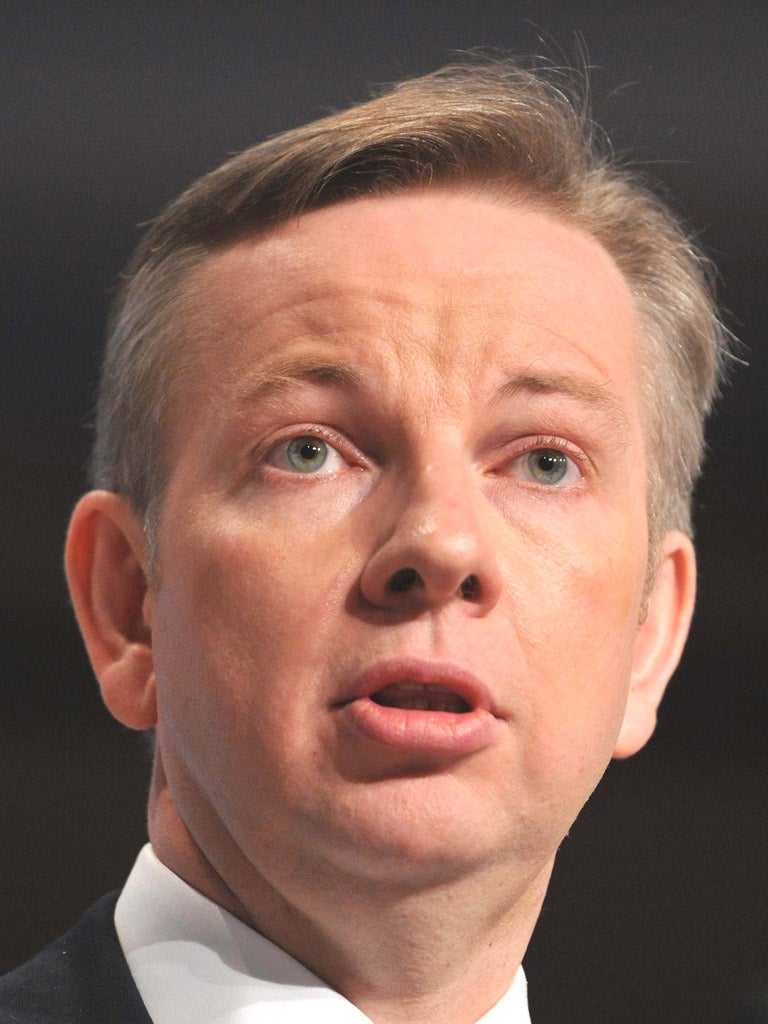Goodbye, minister: civil service hit by staff exodus
Turnover of top staff risks leaving civil service short of expertise

The Government is dealing with an unprecedented churn of senior civil servants with a majority of ministers now in posts for longer periods than their permanent secretaries. Staff turnover rates in some departments are now as high as 30 per cent, according to an analysis by the respected think-tank the Institute for Government.
The situation is particularly acute at the very top of the civil service and within Downing Street, with an extraordinary turnover of officials over the last 16 months. The institute warns that, at a time when the Government is attempting to make significant public-sector savings, the loss of institutional knowledge could adversely affect the running of departments.
The most recent changes include:
* the Permanent Secretary and three director generals in the Department for Education departing en masse before Christmas. Their roles are now being filled by people "acting up";
* the longest-serving member of the top team at the Department for Communities and Local Government joined the board just before the election. Everyone else has been there less time than the ministers;
* the Prime Minister's top foreign-affairs team has just changed completely: he has his second National Security adviser since the election. A new EU and global affairs adviser and a permanent replacement for Alex Allan as chair of the Joint Intelligence Committee have yet to be announced.
The three of the senior officials at the Department for Education to quit just before Christmas were Sir David Bell, the Permanent Secretary; Jon Coles, director general of school standards; and Lesley Longstone, the director general of infrastructure and funding.
A source close to the department said: "There are persistent rumours of the tensions of working with this Government. Civil servants are told 'we've already made our minds up'. They have no input into the process."
George Osborne is also grappling with an exodus of personnel at the Treasury. Before Christmas, Treasury staff received emails asking whether they had any friends interested in applying for unfilled jobs. Two officials are said to have remarked that the Treasury's turnover rate is now "higher than McDonald's".
Annual Treasury staff turnover was 28 per cent in 2011, up from 22 per cent a year earlier and far higher than Britain's median labour turnover rate of 12.5 per cent.
Mr Osborne has lost six of his director and director-general level officials in recent months, including: Andrew Hudson, the director general of public services; Mark Bowman, head of Budget planning; and Nicholas Joicey, director of international finance.
The Treasury said it has traditionally had high staff turnover rates because it often takes staff on temporary secondments, but accepted that the current situation may be worse than usual.
A department spokesman attributed the rise in staff turnover in part to the Treasury's declining headcount: "Overall turnover rates inevitably increase when headcount is falling. Other departments have recently seen big increases in their turnover rates. For example, the turnover rate has increased by 10.5 per cent in the Department for Culture Media and Sport and by 8.1 per cent in the Foreign Office over the last year."
The Institute warns that the change is not yet over. The Department of Health is undergoing a complete restructuring of its top team – with three new director general jobs out for open competition, while the Department for the Environment is about to reorganise at director-general and director level.
Jill Rutter, programme director at the institute, said such high levels of turnover could have long-term consequences. "The need to make unprecedented cuts in budgets was bound to necessitate more churn than usual," she said. "But the Government will only succeed in seeing its longer-term plans through if it manages to retain and motivate good people to weather the current turbulence and stick with it."
Jonathan Baume, head of the civil servants' union the First Division Association, said the churn was the result of a slimming down of top-level civil servants and an appreciation that pay rates and promotion possibilities were likely to be limited over the next few years. "I think some have made the choice that their future is better in the private sector."
Civil service in turmoil
Department of Health: The department is undergoing a complete restructuring of its top team, with three new director general jobs not yet filled.
Department for Environment, Food and Rural Affairs: About to reorganise its top structure at director-general and director level.
Department for Education: The Permanent Secretary and three director-general roles are filled by people "acting up" since the top team departed en masse.
The Cabinet Office: Work on "open public services" has been the responsibility of four deputy directors since the election, and the Government is already on its third chief information officer.
Subscribe to Independent Premium to bookmark this article
Want to bookmark your favourite articles and stories to read or reference later? Start your Independent Premium subscription today.

Join our commenting forum
Join thought-provoking conversations, follow other Independent readers and see their replies